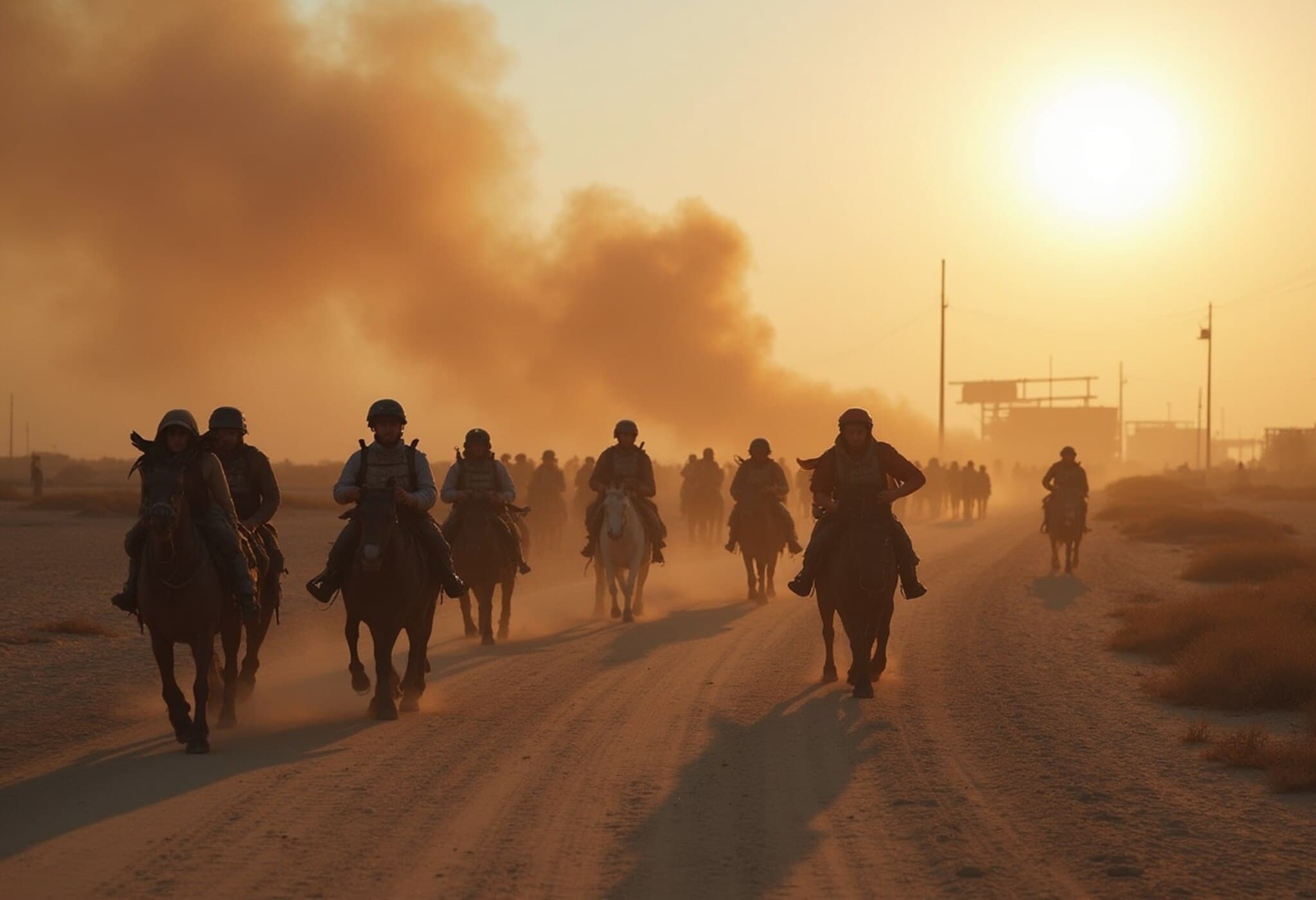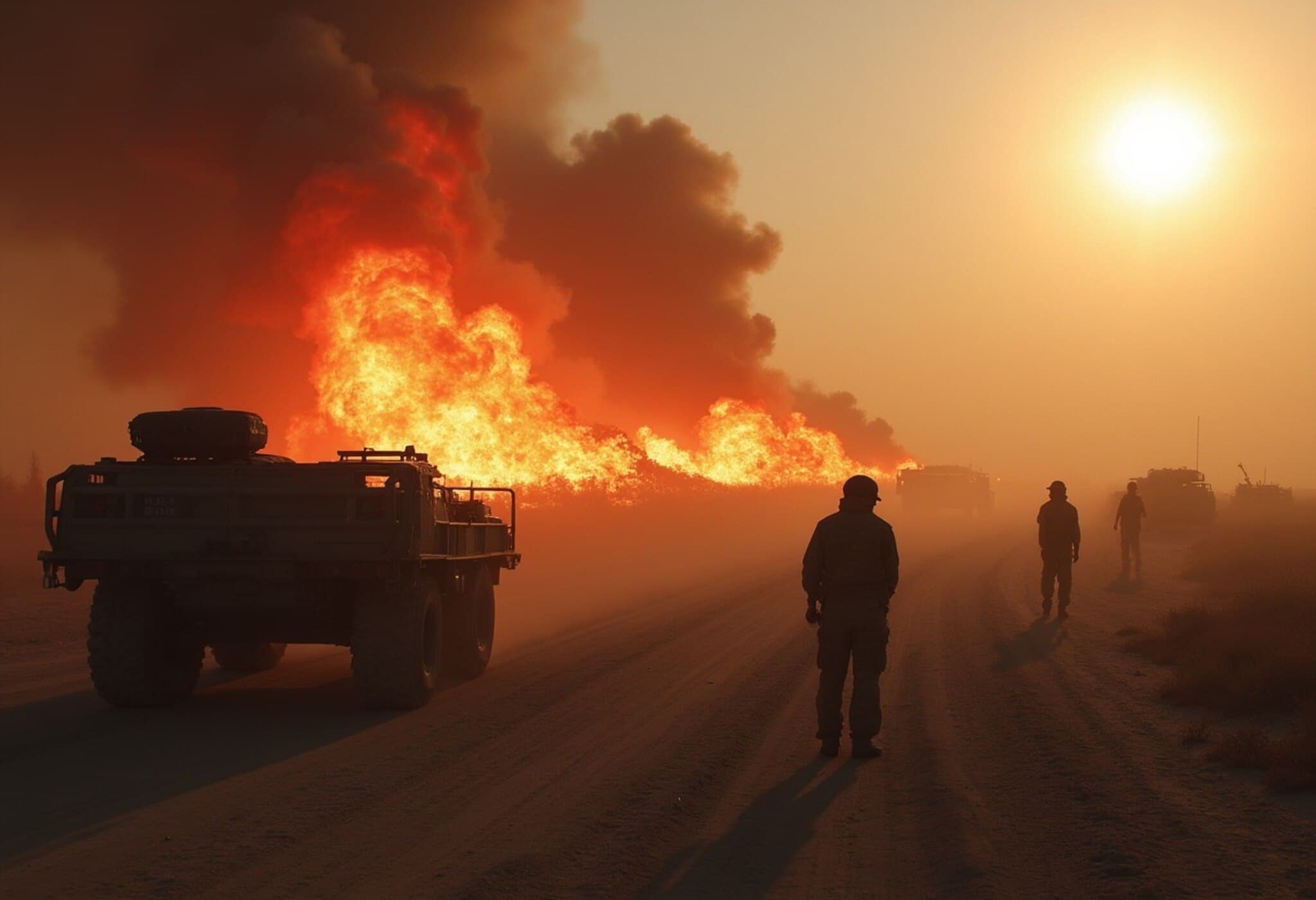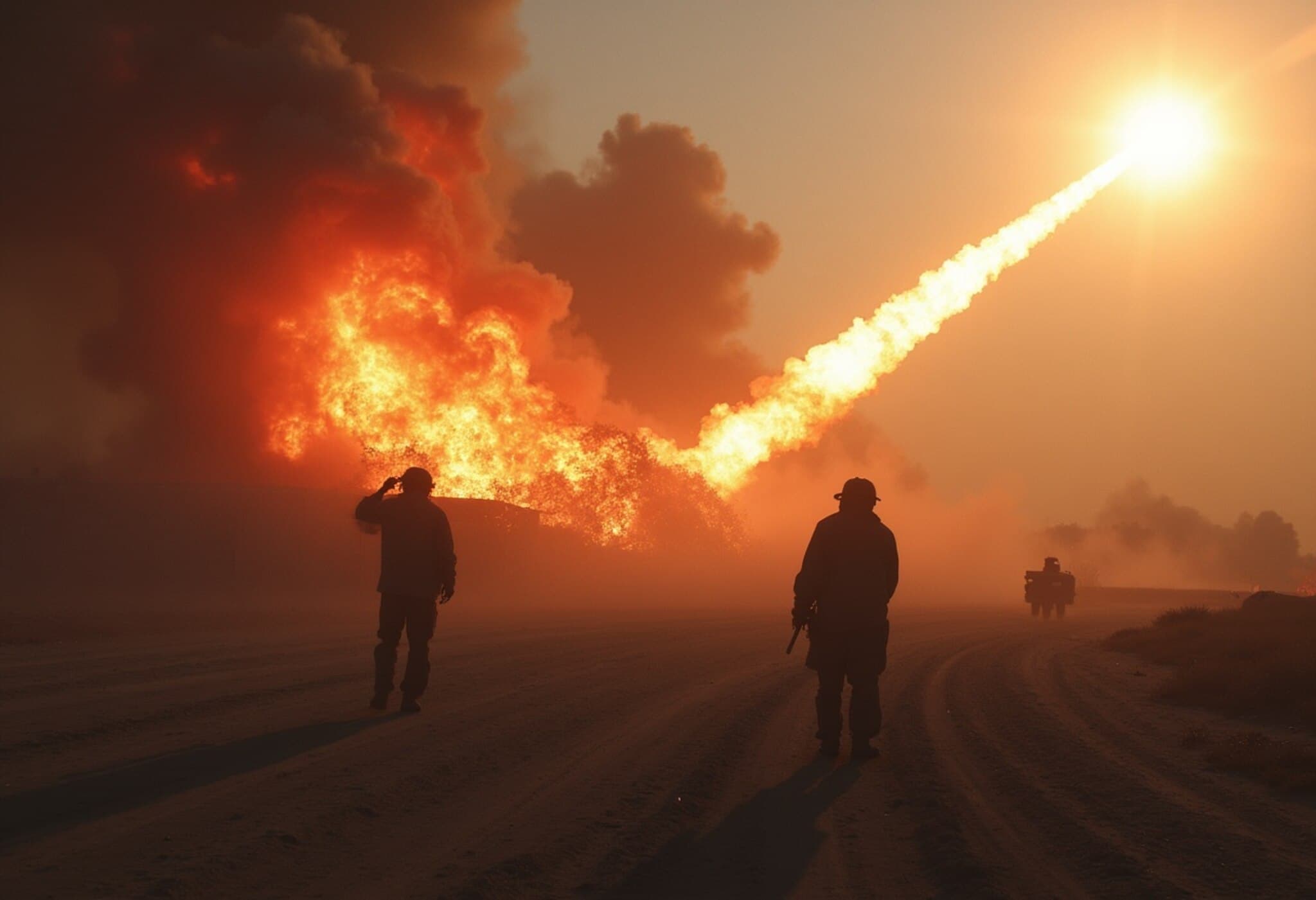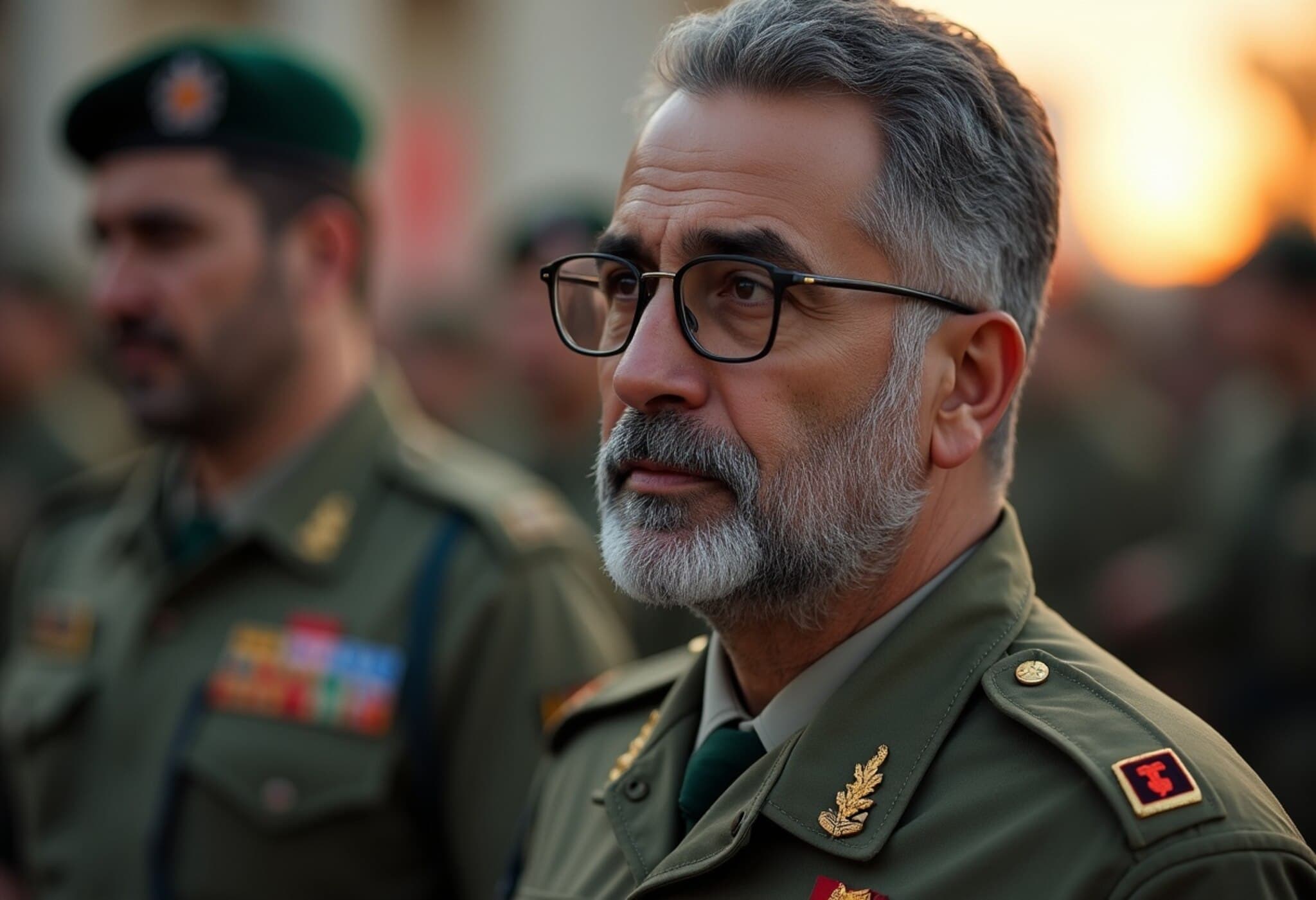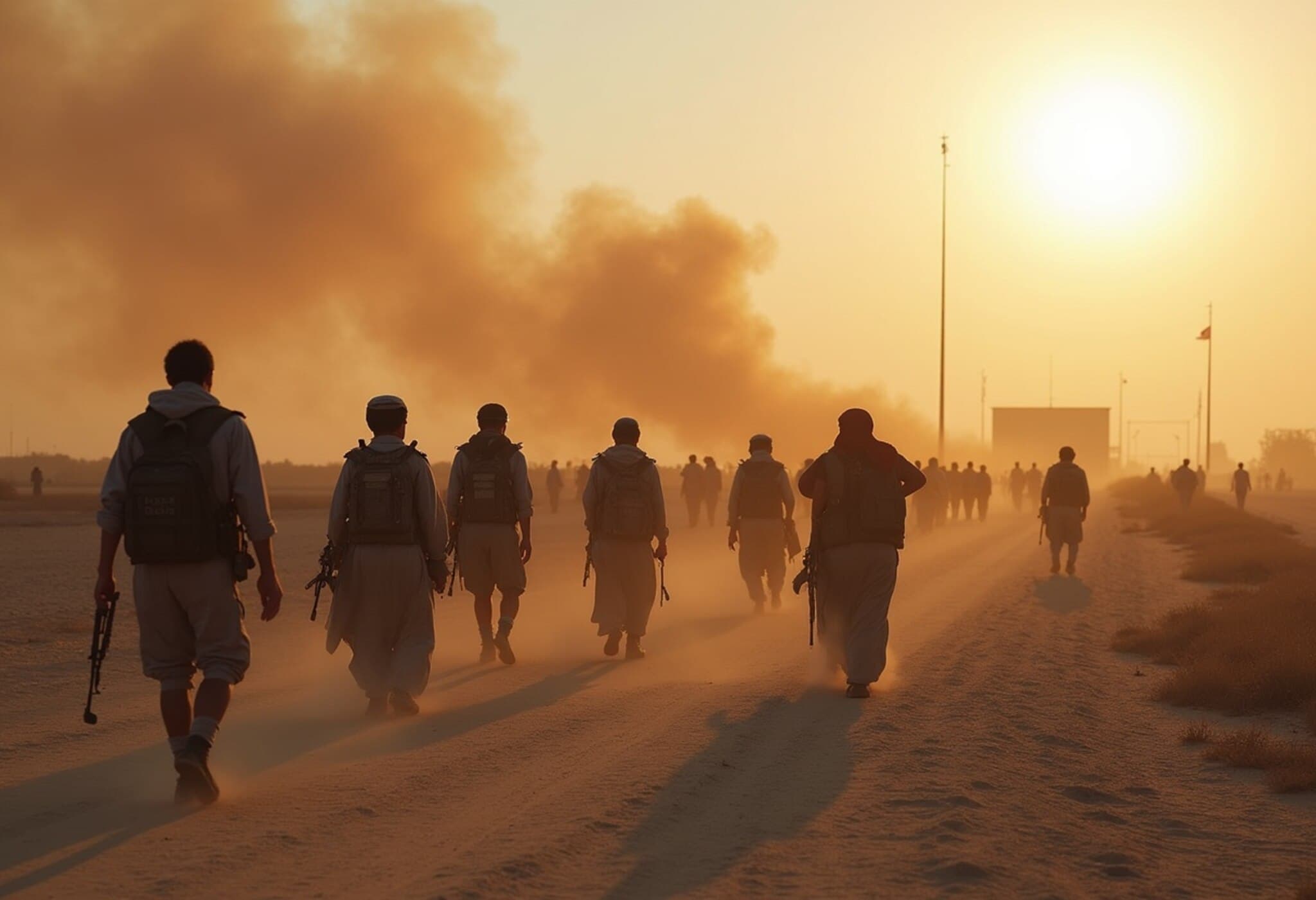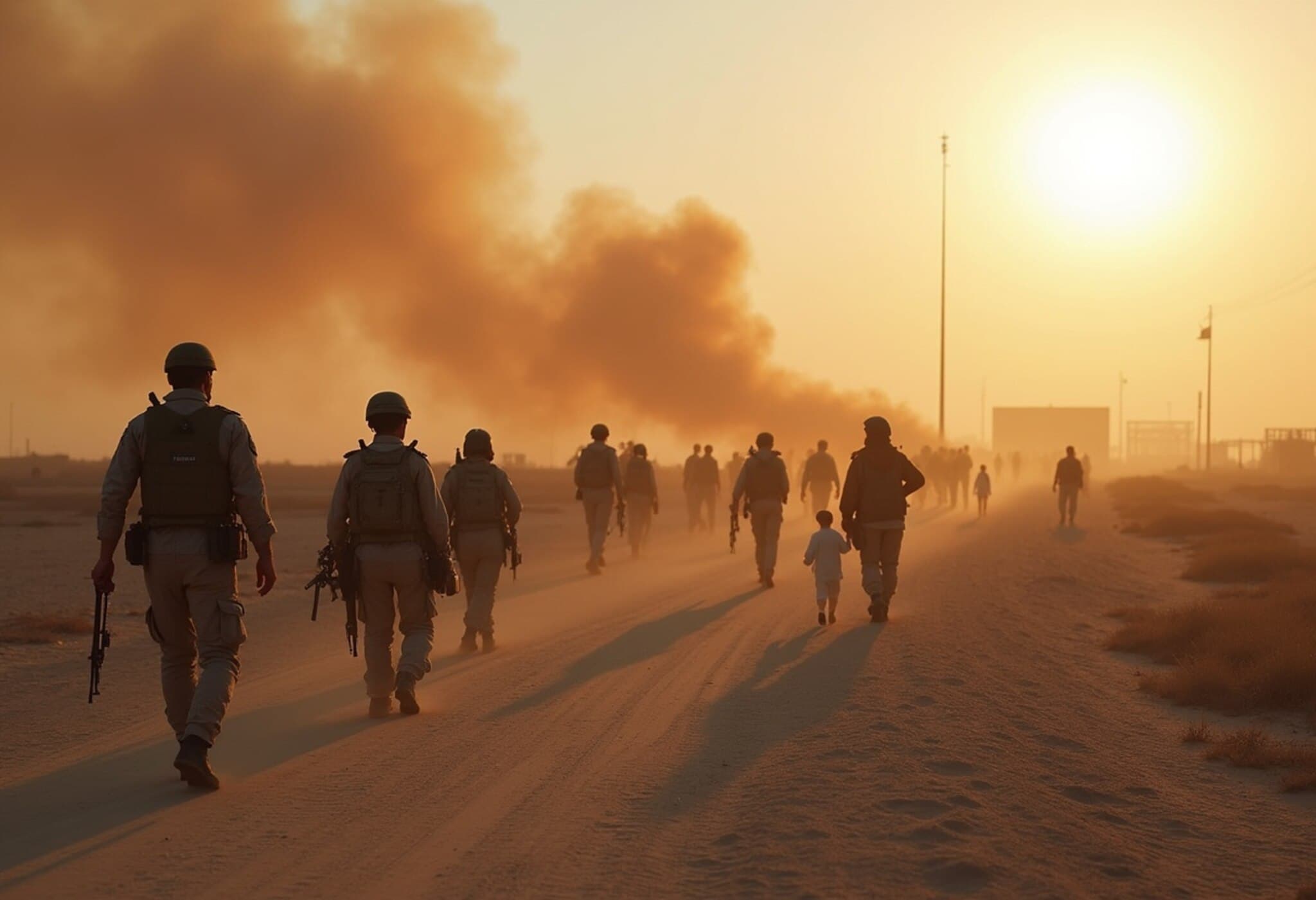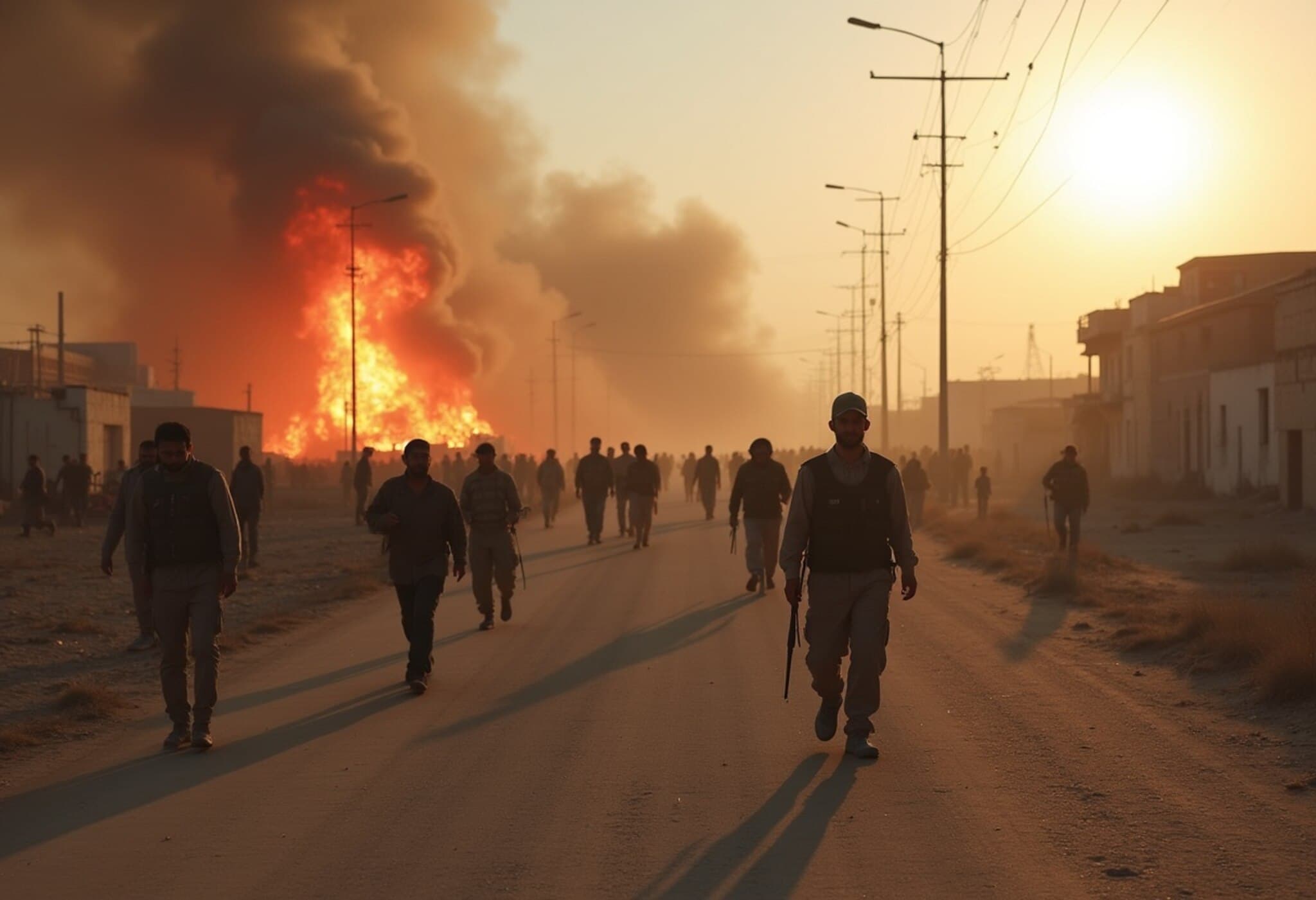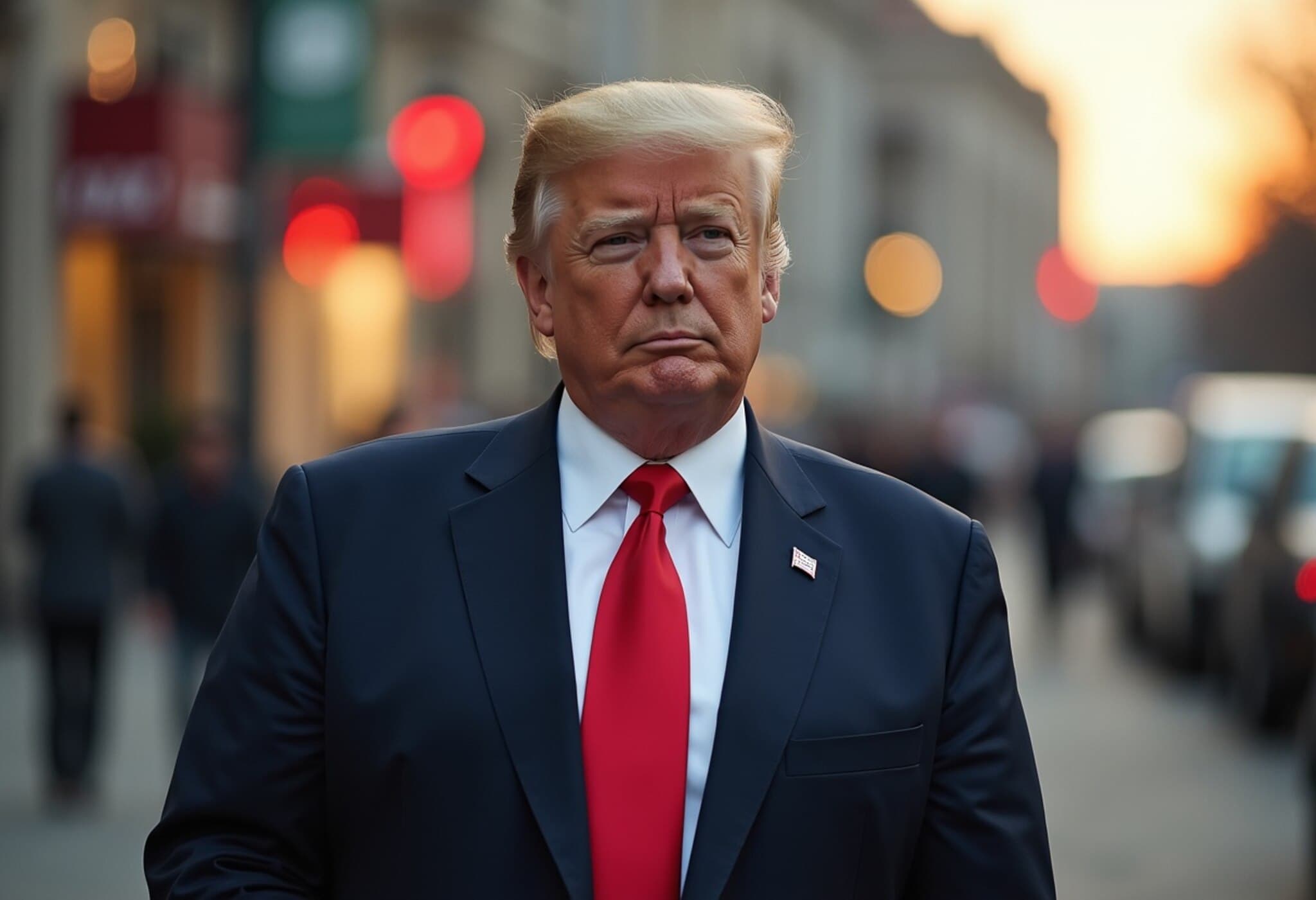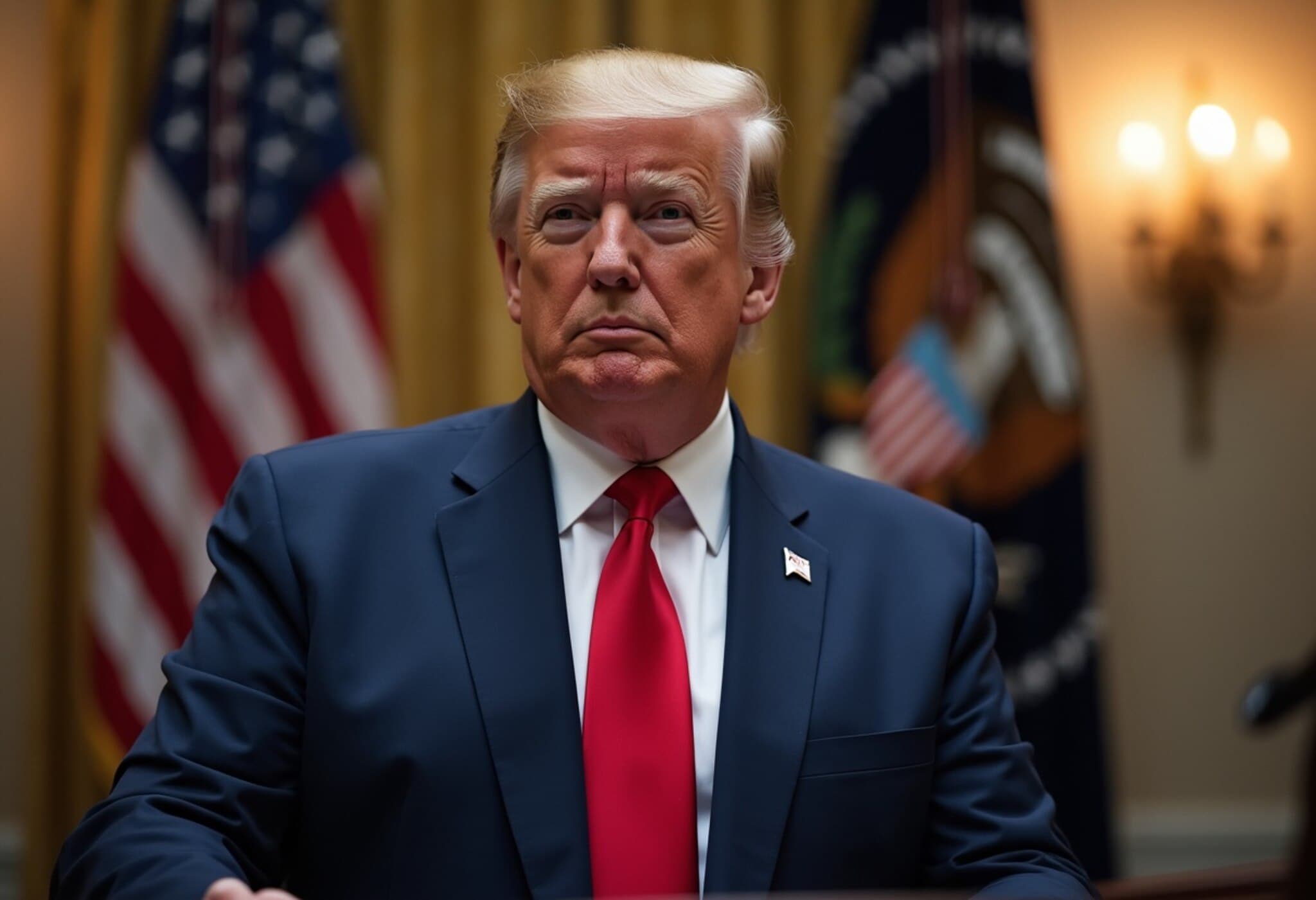Israel and Syria Agree to Ceasefire Following Intense Druze-Bedouin Clashes
Amid escalating violence in Syria’s southern Sweida province, a fragile ceasefire between Israel and Syria has been announced, aiming to halt the bloodshed that has left over 300 dead and thousands displaced. This ceasefire, brokered with the support of regional powers including Turkey and Jordan, reflects a rare diplomatic breakthrough in a conflict-ridden region long marked by volatility.
Conflict Background: Druze Minority and Bedouin Clans at Odds
The recent flare-up in Sweida has centered around deep-seated tensions between the Druze minority and Bedouin tribal factions. The Druze community, a religious minority with significant populations in Syria, Lebanon, and Israel, has increasingly found itself drawn into the violence, raising concerns over its future and protection.
Israel launched several airstrikes Wednesday targeting Syrian government forces in southern Syria, stating its intent to push those forces out of the contested area in order to safeguard the Syrian Druze population. These strikes further complicated the already tense situation, causing international attention to focus squarely on the conflict zone.
US Special Envoy Announces Ceasefire Deal
Tom Barrack, the US Special Envoy to Syria and Ambassador to Turkey, tweeted a call for peace: "We call upon Druze, Bedouins, and Sunnis to put down their weapons and together with other minorities build a new and united Syrian identity in peace and prosperity with its neighbors." His announcement marks a significant step forward in diplomatic efforts, emphasizing reconciliation among Syria’s fractured communities.
Though official statements from the Israeli embassy in Washington and the Syrian consulate in Canada remain pending, Barrack highlighted that the ceasefire was endorsed not only by Israel and Syria but also by neighboring countries, including Turkey and Jordan—a critical factor in ensuring regional stability.
The Humanitarian Toll and Regional Implications
The Sweida clashes have triggered a profound humanitarian crisis, with thousands forced to flee their homes into uncertain conditions. The protracted violence underscores the complex layering of ethnic, religious, and political tensions within Syria, which continues to grapple with the aftermath of a decade-long civil war.
Israel’s willingness to permit limited Syrian government troop movements into southern Sweida to stabilize the area for a brief period hints at cautious cooperation aimed at ending hostile engagements. The Syrian presidential office affirmed troops would be deployed in coordination with political initiatives to restore order and prevent further violence.
Expert Insight: The Path Forward
This ceasefire, while fragile, could serve as a pivotal moment for Syria, signaling potential openings for broader peace talks involving minority groups that have often been marginalized in Syria’s complex civil war dynamics. It also indicates a nuanced shift in Israel’s strategic calculations in southern Syria, balancing security concerns with pragmatic diplomacy.
However, the ceasefire raises critical questions about enforcement mechanisms, protection guarantees for vulnerable minorities, and the role of international and regional actors in sustaining peace. Observers caution that without addressing underlying socio-political grievances and ensuring inclusive governance, such agreements risk being temporary respites rather than lasting solutions.
Summary Box
- Ceasefire announced between Israel and Syria amid deadly clashes in southern Syria's Sweida province.
- Conflict involves the Druze minority and Bedouin clans, resulting in over 300 deaths and a humanitarian crisis.
- US envoy Tom Barrack plays a pivotal diplomatic role, with backing from regional powers Turkey and Jordan.
- Ceasefire includes limited Syrian troop deployments to stabilize the region temporarily.
- Underlying ethnic and political tensions pose ongoing challenges to lasting peace.
Editor's Note
The recent ceasefire in southern Syria is more than a pause in violence; it is a window into the intricate tapestry of minority rights, regional rivalries, and geopolitical maneuvering in the Middle East. As this truce takes hold, the international community must focus on nurturing inclusive political dialogue that encompasses all Syrian factions—including minorities like the Druze—to build a sustainable peace. Questions remain about monitoring, enforcement, and the humanitarian response to displaced populations, underscoring that the road ahead demands both vigilance and empathy.

